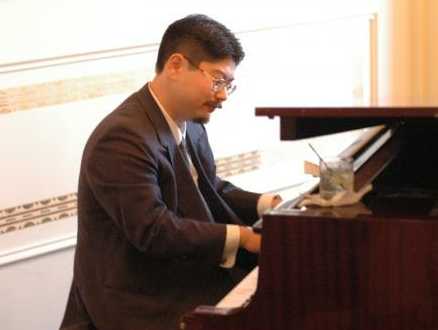Teach or be Teachened
My advisor was out for Thursday and Friday, so he asked me to fill in on his Friday "Intro to Building Science" undergrad class by doing a tutorial. He set me up with some problems to do on the board, as well as some lecturing and corresponding overheads.
First, let me make a few things clear:
- I don't have any desire to go into teaching as a profession. However, I'm doing the teaching assistant gig for this course because, well, it just seems like part of the grad student experience. Teaching is only a small part of the TA job--it is mostly grading.
- I admire the teaching profession, and realize that it requires a lot of skill to do well.
- I know that in order to teach something, you need a lot more than just a basic working knowledge of the material.
Now, understand that I have co-taught brief seminars at energy efficiency conferences, and I have given more than my share of normal presentations. But this job seemed additionally intimidating, because (1) I'm teaching to a large, smart technical audience, (2) it's a 1.5 hour lecture, and (3) although I've been in this field for about nine years, the stuff I was teaching (convective and radiative heat transfer) really isn't stuff I deal with on a regular basis. Also, I know that I don't think well on my feet--I'm easily flummoxed by questions that I could answer if I had a few seconds to think them out.
So last night, I spent about four hours going over the textbook portions that deal with this material and going through the sample problems. I think I found a mistake in my advisor's textbook; good thing I caught it before putting it up on the board.
Doing the tutorial was a mixed experience at best; I don't think I did that well in terms of keeping the students engaged or conveying the information. They are all upperclassmen. A lot of times I opened up for the class to answer a question and got very little in the way of answers: it felt like I was doing a crap-ass job of getting my ideas across. I was reminded of that saying: "A lecture: information going from a professor's notes to a student's notes without passing through the brain of either."
I got stuck a few times just because, well, I don't know convective heat transfer coefficients (and why you bother using them) as well as I should. I also got bitten on the ass because the sample problem my advisor set up had some wrong numbers, so ended up standing at the front of the class with a calculator, trying to figure out why the hell the formulas for something I've done dozens of time were not working.
I was most comfortable when I could just sit on the table and tell a anecdotes on how this is applied in the field--such as figuring out if you have a low-emissivity coating on a window by shining a flashlight through it and looking at the four reflections (one for each surface of glass).
Well, I guess that I made it through and it's over. And it's Friday: I pounded out my aggression by skating, and the group went out for beers with lunch. I'm glad this week is done.


2 Comments:
Teaching is really, really hard.
I wonder if it satisfies the Bruce Lee rule: that you go from thinking it's easy to realizing it's incredibly hard, to having it come naturally. Probably; certainly, I spend vastly less time preparing to do it now than I did when I started teaching. But I expect a lot of that is me cutting my losses and realizing that no one especially cares when I am teaching well, either. I'll still get more complaints about my outfits than about what I actually teach.
I taught the last two IAPs, thought I had to skip this one for being too hosed. I think it's the sort of thing where you're best off starting with the hardest kind of class. Which is why I intend to keep teaching a SIPB IAP class starting next year. (Those have a minimum of one guy in the front row with pronounced Aspberger's every time.)
After that, other classes should be a cinch.
Post a Comment
<< Home